
When do babies stop clenching their fists?
Key points: Newborns have natural survival reflexes and limited control over their movements. Babies initially keep their hands clenched in fists, a reflex…
Discover the key milestones of physical, cognitive, linguistic and socio-affective child development and understand the science behind child development.
Discover the key milestones of physical, cognitive, linguistic and socio-affective child development and understand the science behind child development.

Key points: Newborns have natural survival reflexes and limited control over their movements. Babies initially keep their hands clenched in fists, a reflex…
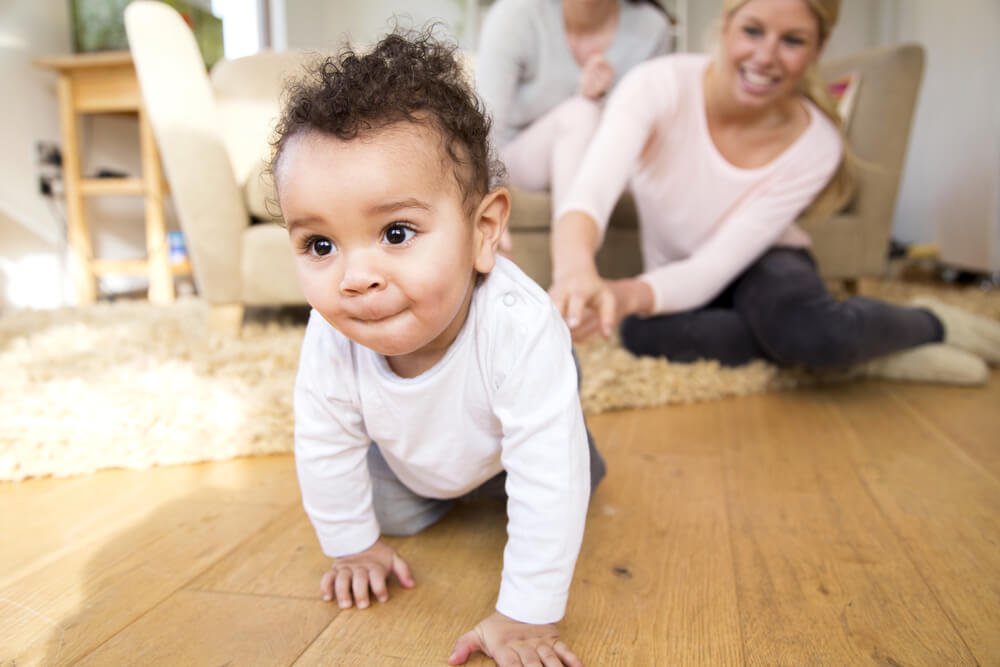
All parents, specially first-timers, are eager for information that will help them make sure their children are having a satisfactory development. Although every…

Key Points: Deferred imitation is the ability of children to reproduce actions they’ve observed after a delay, offering insights into memory development and…
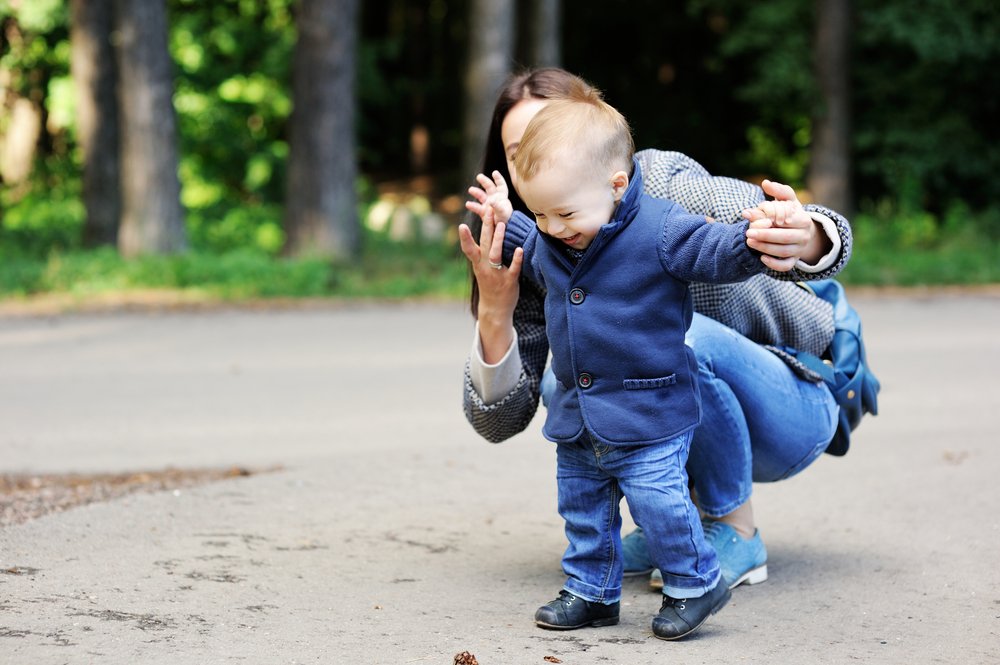
When a child learns to walk and falls down 50 times, he never thinks “maybe this isn’t for me”. Key Points: 1. Babies…

Key points: Rolling over is an important milestone for babies, signifying increased strength in their arms, back, and neck. Babies typically start rolling…
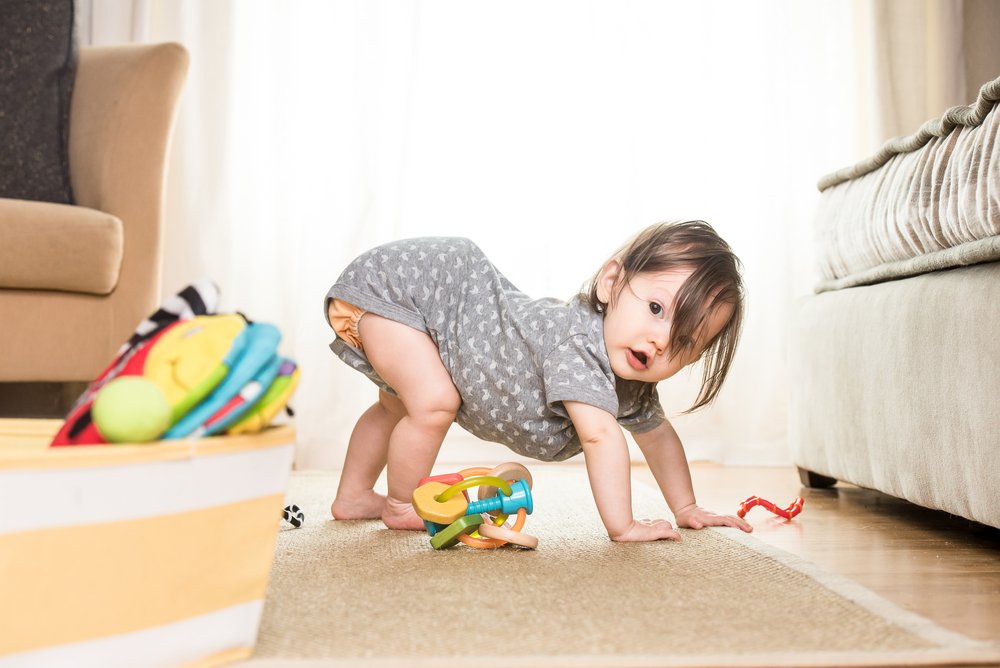
Key points: Babies can crawl in various styles, not just hands-and-knees. Key is the desire to move and explore. Styles: classic, bear, belly,…

Key points: 1. Open-ended toys, like cardboard boxes, offer endless possibilities for imaginative play. 2. Children use their senses and motor skills to…
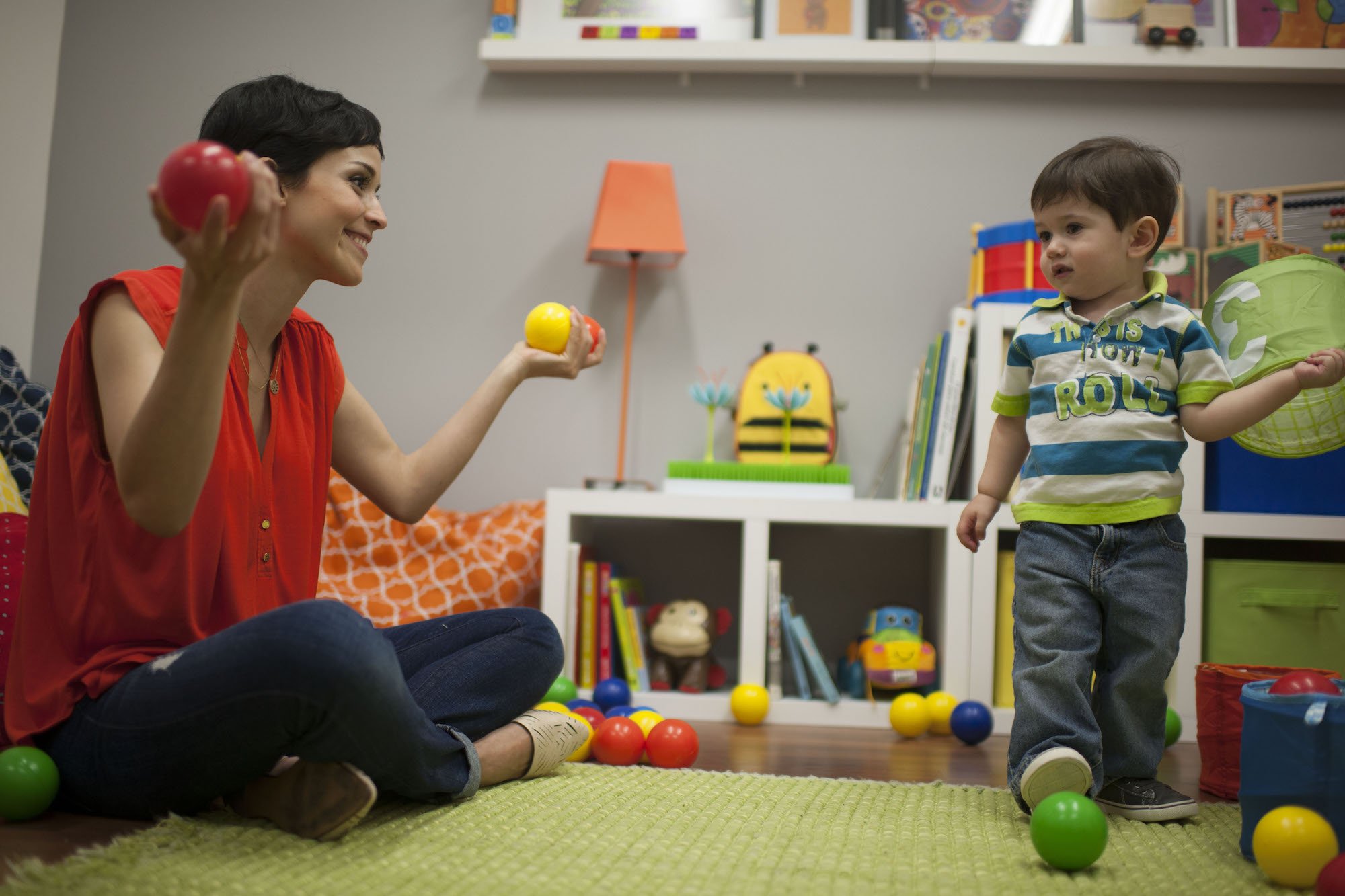
Key Points: 1. Children are natural scientists, learning through observation and play, especially through cause-and-effect experiences. 2. Babies start understanding cause and effect…
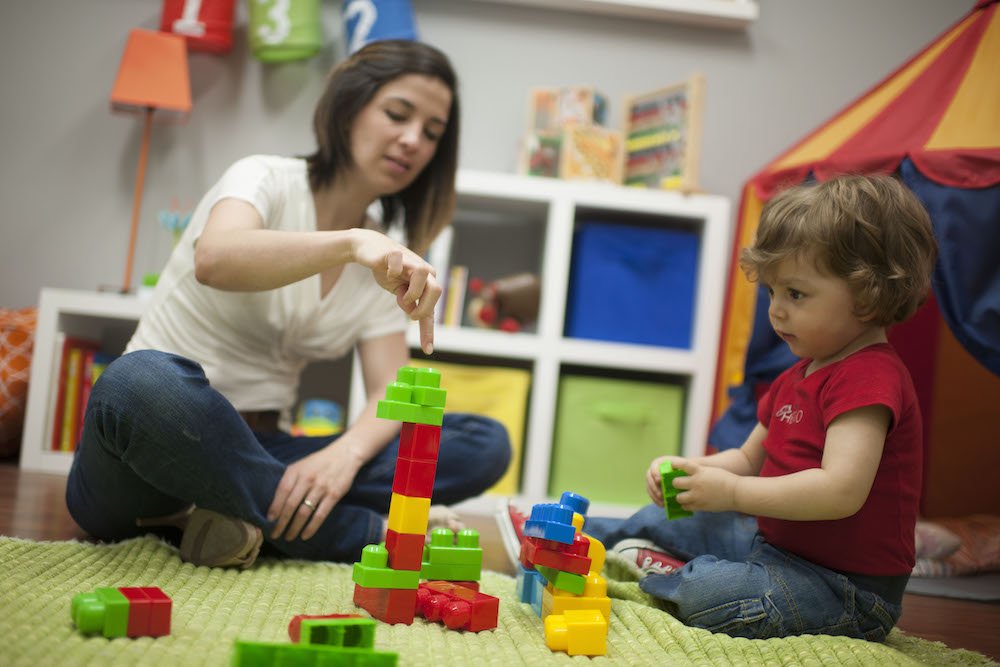
Key points: 1. Developmental delays vary, so remember each child has their own pace. 2. Look for red flags like not reaching milestones…

Key Points: Baby’s first words are often “mama” and “dada” due to repeating sounds. Babies recognize repetitive sounds easily, making these words simple…
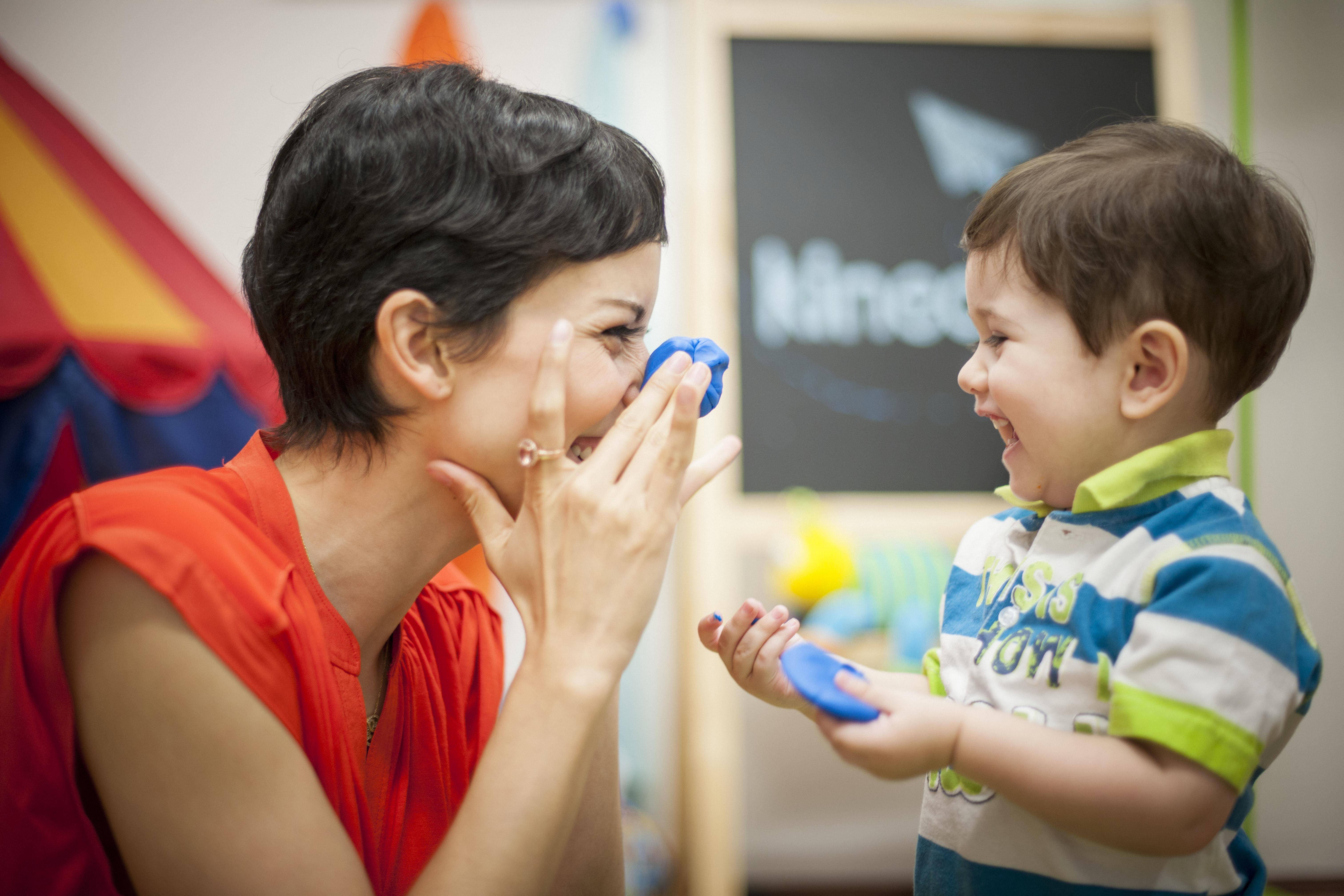
Key points: Baby’s brain actively learns through senses of touch and smell. Sense of smell is well developed at birth, allowing recognition of…
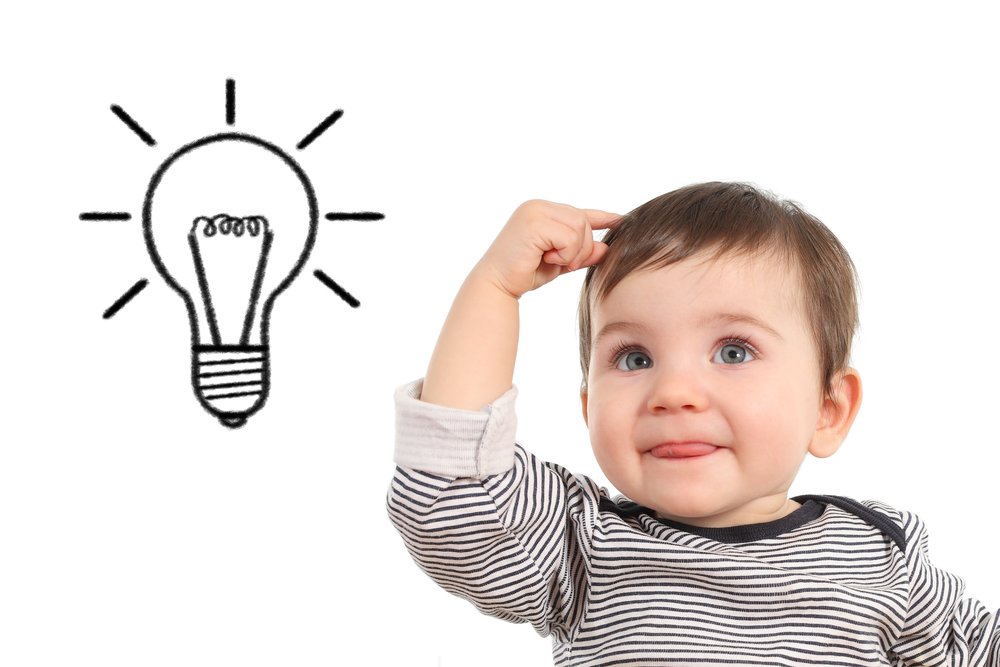
Key points: Create consistency and routines for your baby, especially if they’re 0-3 months old. Introduce new skills during playtime, focusing on the…
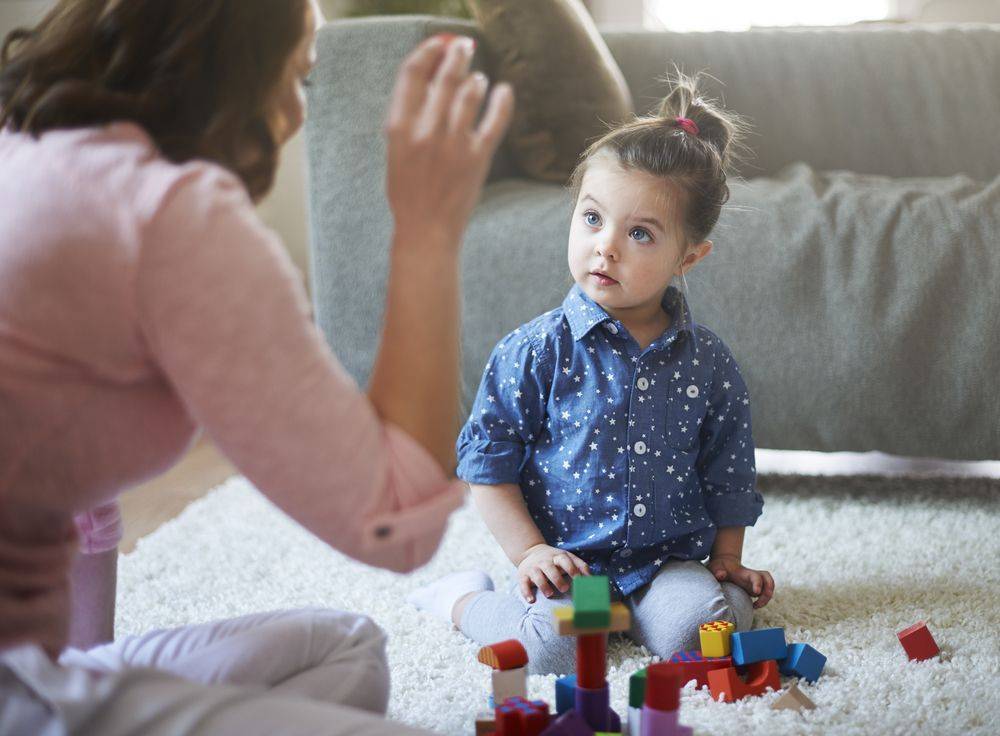
Key Points: Babies often learn by observing and imitating the behavior of those around them, particularly their parents and caregivers. Children who are…
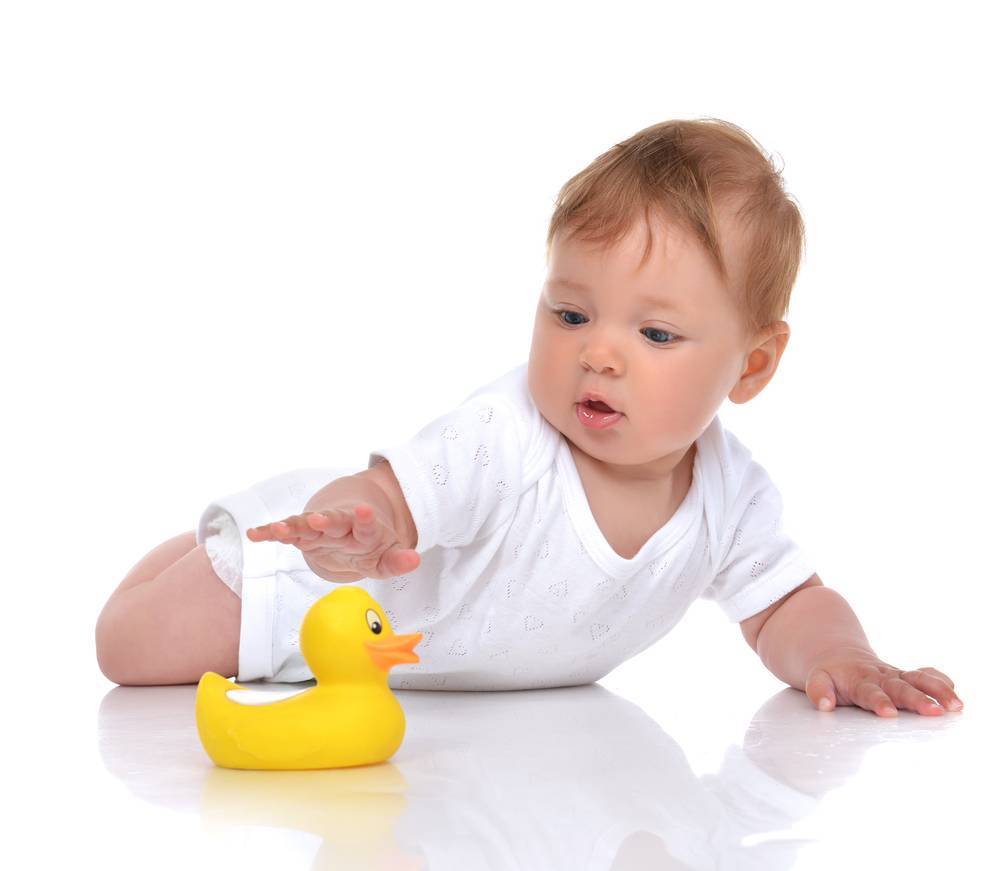
Key points: Object permanence development helps babies understand the world and cope with separation. Teaching object permanence happens through playful interactions and games….

Key points: 1. Tummy time aids muscle development for crawling and milestones. 2. Start tummy time soon after birth, gradually increasing duration. 3….
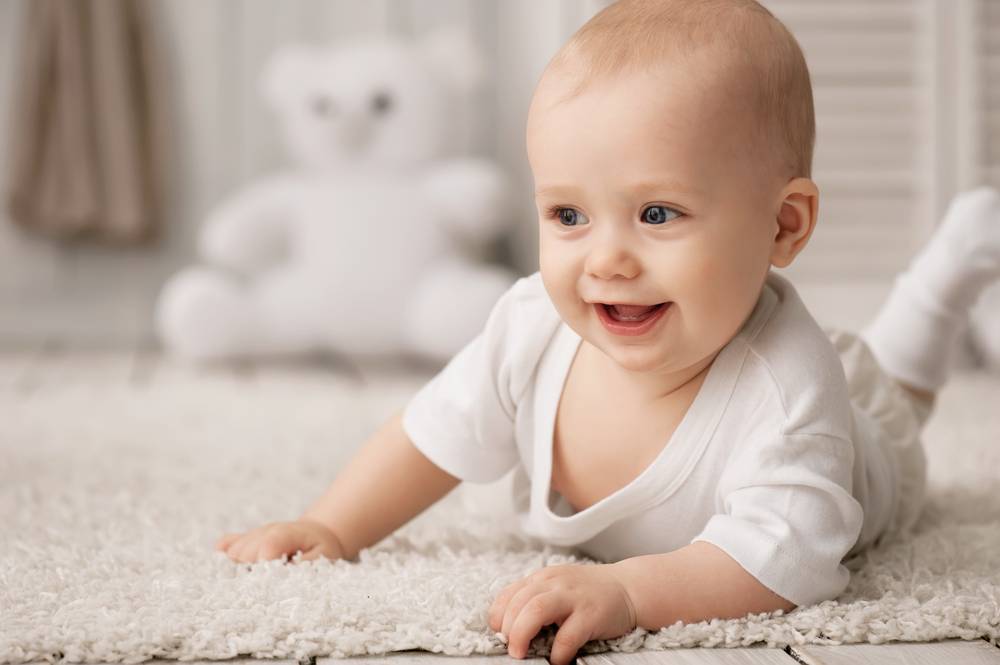
Key Points: Supporting the head and developing neck muscles is a crucial physical milestone for babies. It lays the foundation for other physical…
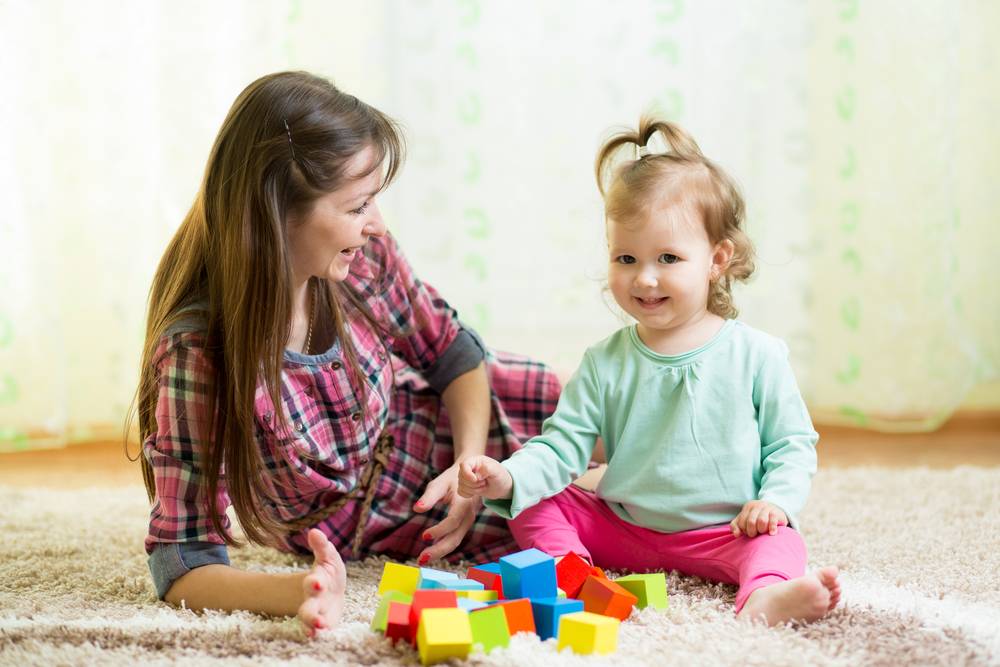
Watching your baby begin to develop independence can be exhilarating. Your child enjoys this process too since they can now explore the world…
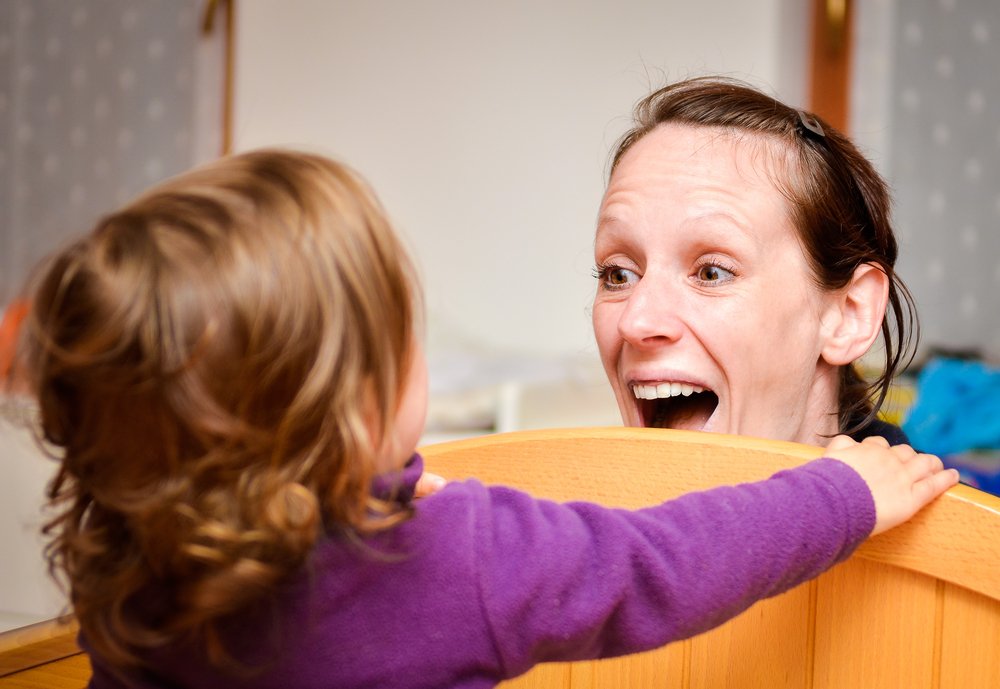
Key points: Laughing can can reveal your baby’s understanding of object permanence and other cognitive developments. Eye tracking is developed at around 4…
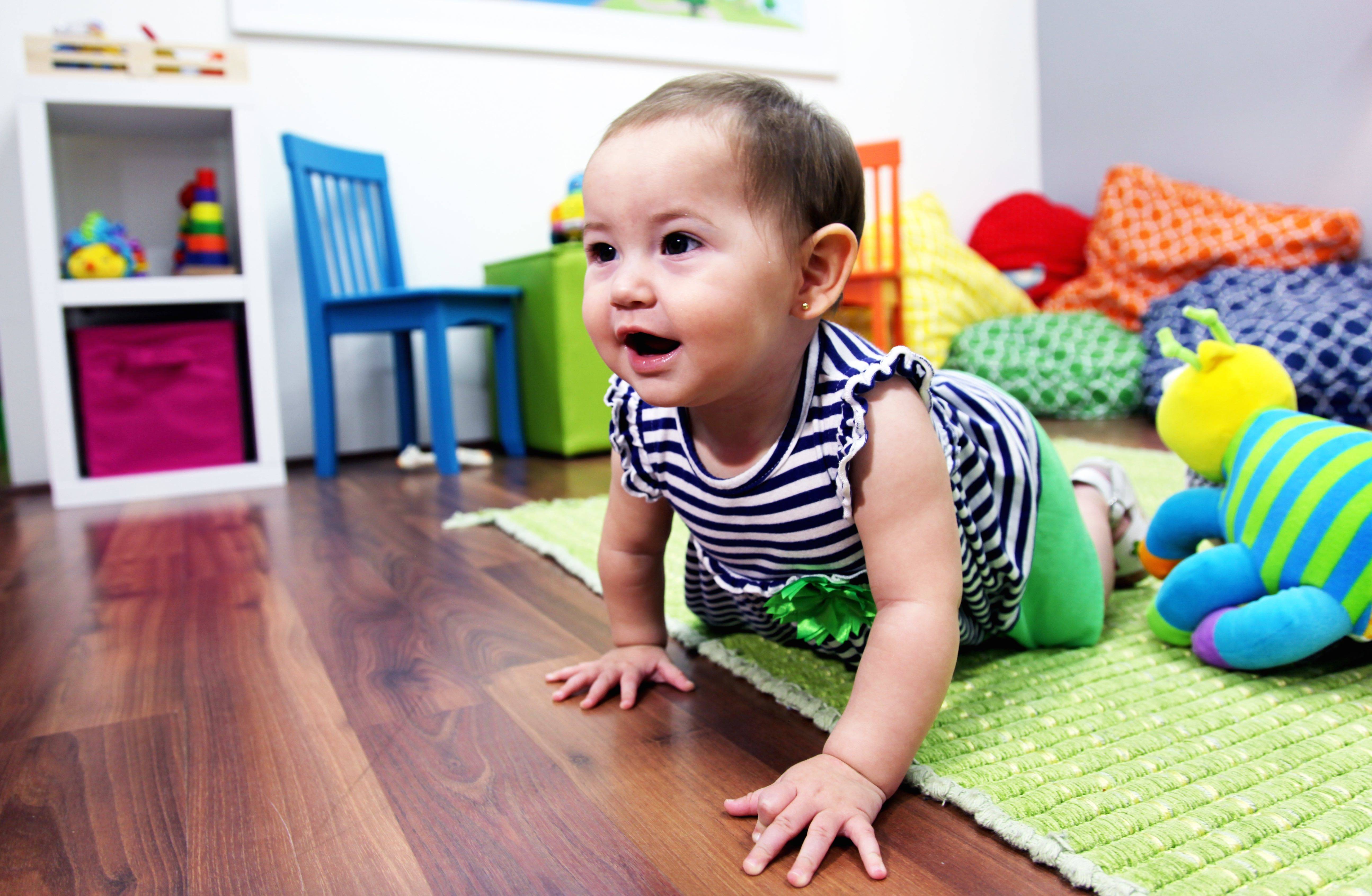
Key Points: Crawling is an exciting and important developmental milestone for babies, typically occurring between seven and nine months of age. There is…
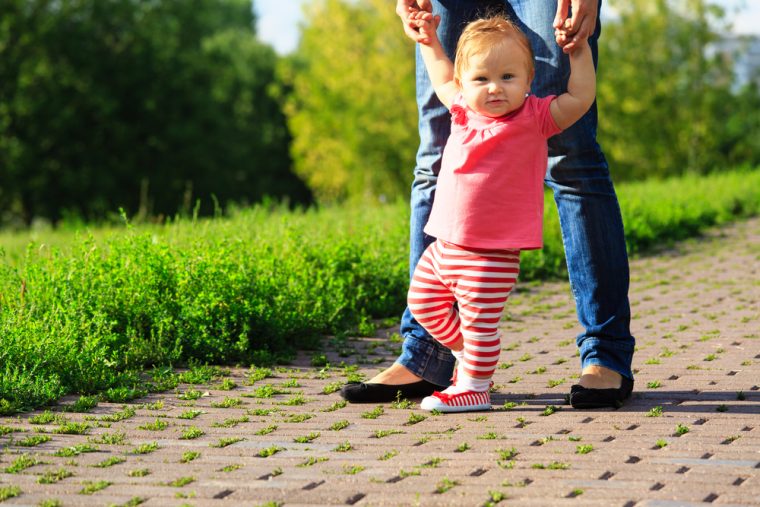
Key Points: Learning to walk is a major physical milestone for babies and typically occurs between nine and 15 months of age. Babies…
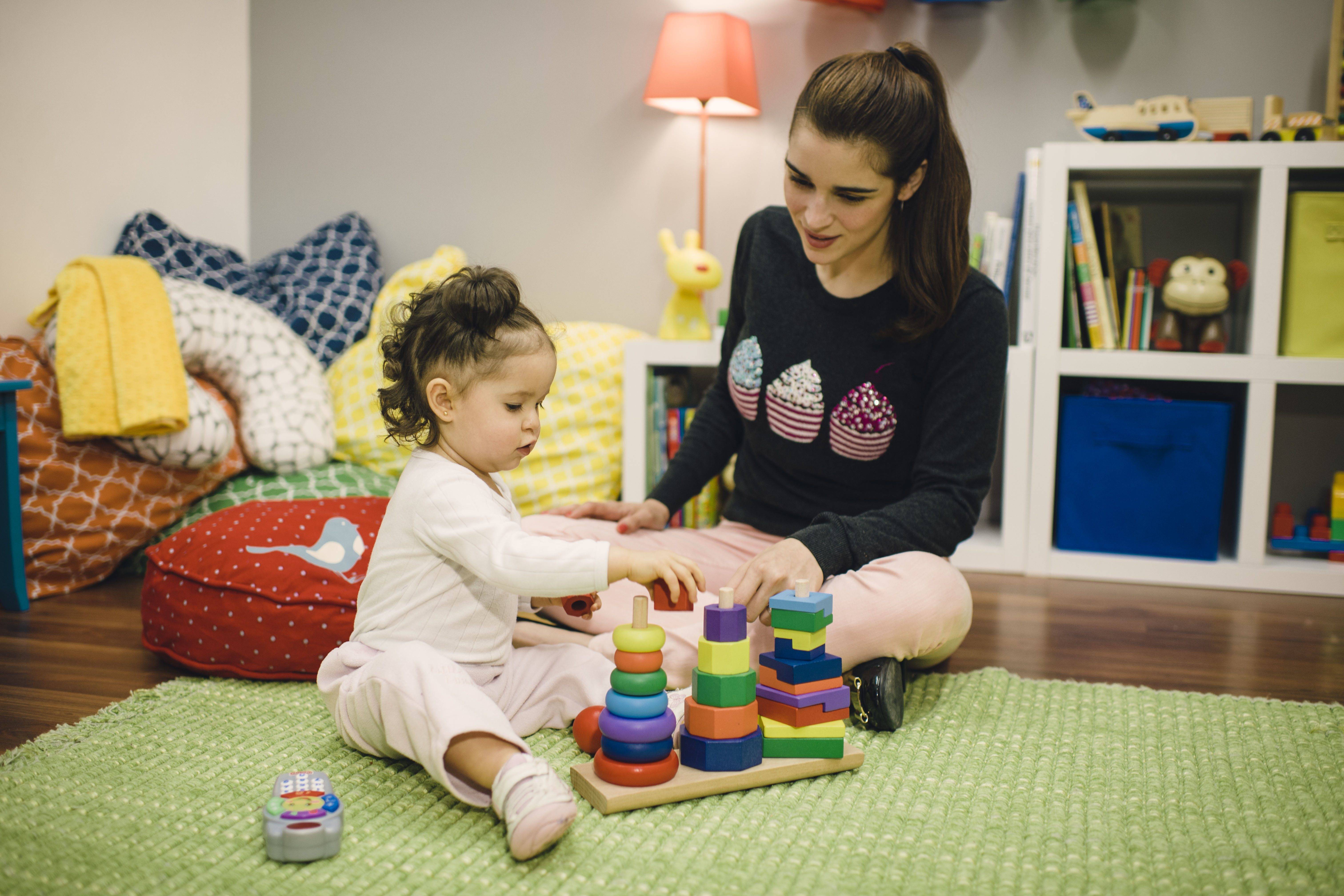
Key points: Early experiences profoundly shape the developing brain and lay the foundation for complex skills. Executive function skills, like multitasking and self-control,…